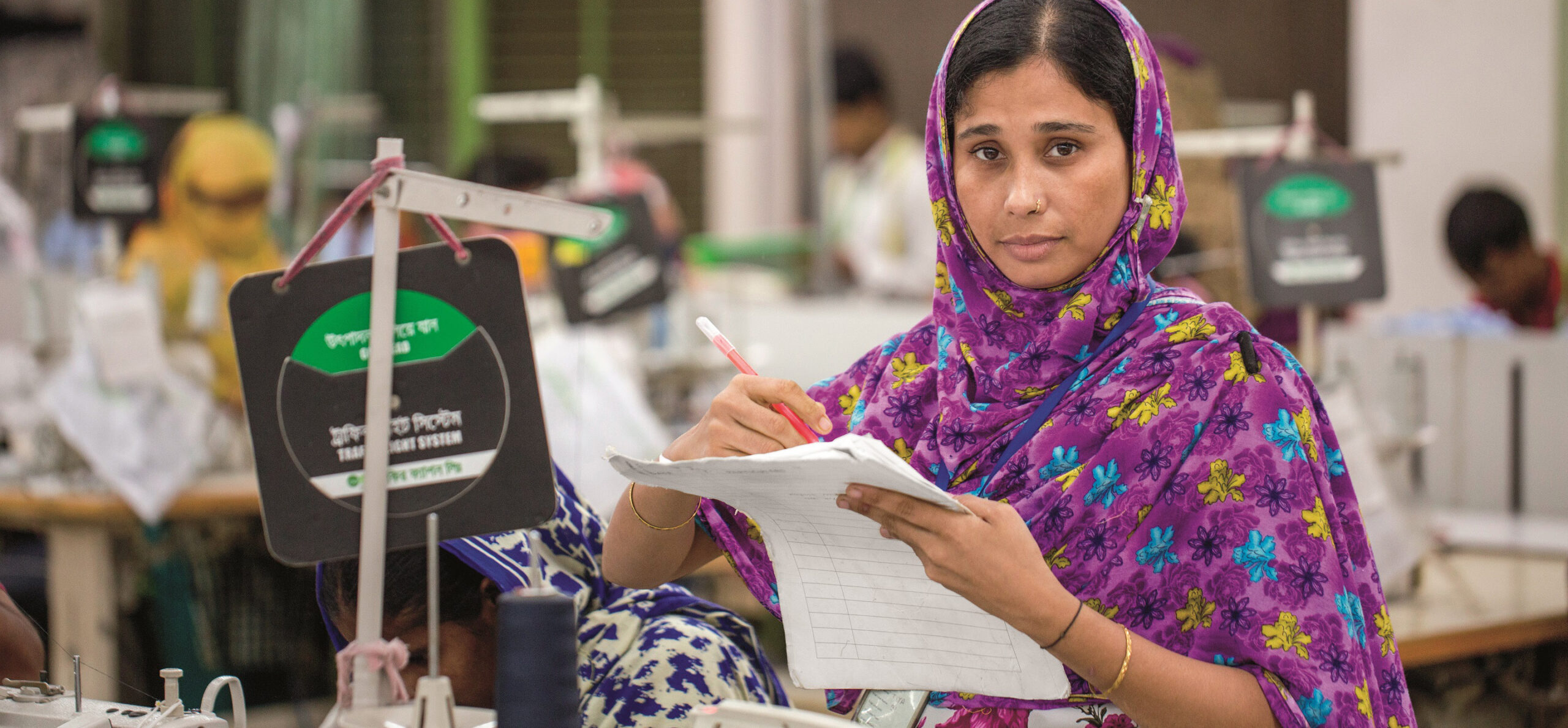Malayan Insurance: The Case for Insuring Women for a Better Tomorrow
Established in the Philippines, Malayan Insurance Company (MICO) is the country’s largest non-life insurer. The company has partnered with IFC for the past few years, with support from the Women Entrepreneurs Finance Initiative, to develop a strategy for becoming the non-life insurer of choice for Filipino women. This case study explores the innovative solutions implemented by MICO under this partnership—a suite of women’s personal accident, property, business, and vehicle insurance solutions, with value added services.
Insular Life: The Case for Insuring Women for a Better Tomorrow
This case study explores how Insular Life, a leading insurance firm in the Philippines, has developed innovative life and health insurance solutions for individual women and women-owned businesses with support from IFC and the Women Entrepreneurs Finance Initiative (We-Fi).
Green Delta: The Case for Insuring Women for a Better Tomorrow
Green Delta Insurance Company (GIDC) is an IFC client and the first non-life insurer in Bangladesh targeting women customers. In 2014, the company launched Nibedita—a comprehensive accident insurance product for both urban and rural women that now serves all income levels. This case study summarizes GIDC’s groundbreaking approach with women.
AXA Mansard: The Case for Insuring Women for a Better Tomorrow
With support from IFC, AXA Mansard sought to become a preferred insurer and an employer of choice for women in Nigeria. This case study explores how the company conducted market research to understand the needs of Nigerian women, developed products specifically for women, created strategic partnerships with women’s organizations, and trained senior managers and agents to better serve women customers.
1st for Women: The Case for Insuring Women for a Better Tomorrow
This case study explores the business case for women-centric insurance products in South Africa. The insurer 1st for Women, found that although South African women were purchasing insurance policies, these did not cater specifically to women’s needs. To tap into this estimated $788 million market, 1st for Women analyzed women’s risk-protection needs and designed specific solutions and products, rather than just repackaging existing products.

